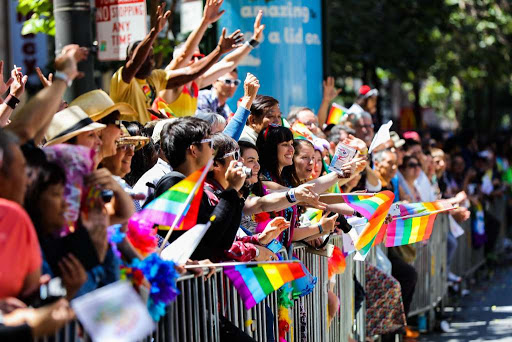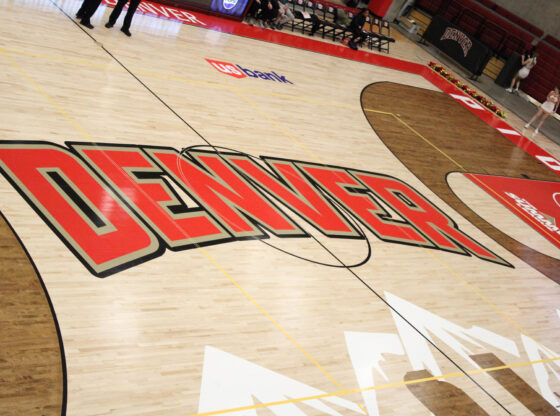San Francisco Pride may have YouTube and Google banned from attending future parades. On Jan. 15, a group of event organizers passed a resolution to ban Google and its affiliates.
They stated the reasoning behind their decision was that “[Google] is not doing enough to protect members of the LGBTQ community, particularly when it comes to hate speech and harassment on YouTube.”
As of now, the ban will prevent Google from having its own booth in the parade. But other specifics, such as whether or not they can sell merchandise, are still unknown. Only 12 of 326 members were present at the unofficial vote, so the measure may not be considered legal and require a recount.
YouTube has shown its support for the LGBTQ community through corporate marketing such as pro-LGBTQ ads but has received backlash for policies that allow users to get away with hateful comments about the LGBTQ community.
Last May, Vox journalist Carlos Maza spoke out against a hurtful YouTube video made by conservative commentator Steven Crowder. In the video, Crowder refers to Maza as “Mr. Gay Vox,” “a lispy queer” and “an anchor baby.” Maza is a victim of homophobia and racism, but YouTube let the video stand as it didn’t directly go against any of their policies. The only action YouTube took was demonetizing the video.
Leaving videos like those Crowder makes up sends the wrong message to the public. By allowing one person to make hurtful comments about a community, it invites others to do so as well. It is not helping the LGBTQ community at all but rather putting them at risk of targeted hate speech that could escalate to violence.
According to the Human Rights Campaign, “Sexual orientation ranks as the third-highest motivator for hate crime incidents (17 percent of total attacks). Attacks motivated by race-based bias are the most prevalent (51 percent), followed by religion-based attacks (18 percent). Bias-motivated attacks on the basis of gender identity are not tracked on the federal level.”
Google should be banned from SF Pride, as they have an obligation to support the LGBTQ community beyond surface-level measures. Before the resolution was voted on, 140 Google employees acknowledged this and signed a letter asking for SF Pride to ban Google from the parade. They put their jobs at risk to protest the company and promote LGBTQ rights.
Google responded with disappointment to the news and claimed that they have been “proud supporter(s) of San Francisco Pride for over a decade.” In a statement, the company’s spokesperson said, “We’re saddened that seven members, including a recently fired employee, decided to recommend banning Google, YouTube, and our employees from supporting this important community organization. SF Pride has over 300 members and a separate board that makes the ultimate decision on participation; we’ll continue to work with the San Francisco Pride board and its broader membership on the next steps.”
By banning Google from SF Pride, the LGBTQ community is sending a strong message that they will not tolerate this kind of mistreatment. Companies should not be afraid to speak their voice in support of groups because they are afraid of public retaliation. We are living in a hateful world. If big companies like Google allow such hate on their platforms, it becomes a danger to everyone in the LQBTQ community and other minority groups.










